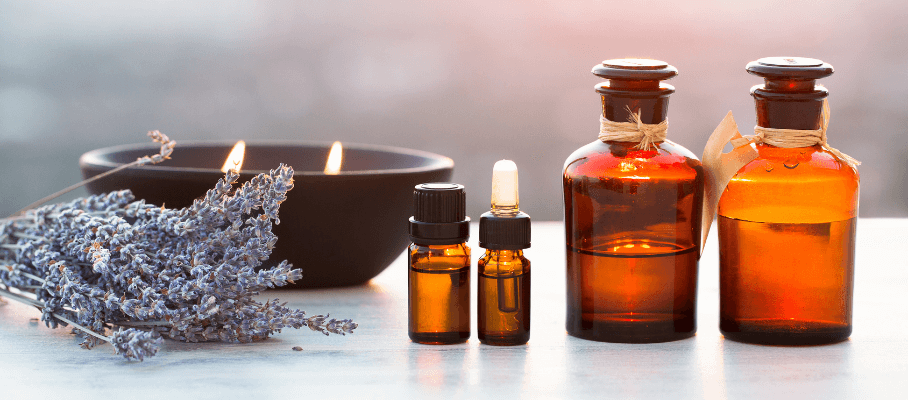
Essential Oils: A Natural Way to Keep Mosquitoes Away
Essential oils, made from concentrated plant extracts, are becoming popular for keeping mosquitoes away. These oils are not only pleasant-smelling but can also help prevent mosquito bites, which is important for avoiding diseases like Dengue, Malaria, Zika, and West Nile virus.
Why You Should Avoid Mosquito Bites
Mosquitoes are more than annoying pests—they can spread dangerous diseases like Chikungunya and Eastern equine encephalitis (EEE). While not all mosquitoes carry these diseases, protecting yourself from bites is crucial to staying healthy.
How Essential Oils Work as Mosquito Repellents
Most people rely on chemical sprays, creams, or coils to prevent mosquito bites. However, essential oils offer a natural and eco-friendly alternative. These oils work by masking the scents that attract mosquitoes, making it harder for them to find you.
Some popular mosquito-repelling essential oils are:
- Lemongrass oil
- Citronella oil
- Tea tree oil
- Eucalyptus oil
These oils are safer for the environment and gentler on the skin compared to chemical repellents.
Things to Keep in Mind When Using Essential Oils
- Homemade Sprays
DIY mosquito sprays may not always last long or work effectively. Essential oils evaporate quickly, so they need to be mixed properly to ensure they protect your skin without causing harm. - Skin Sensitivity
Using essential oils in high amounts can irritate your skin. Always mix them with a carrier oil (like coconut or almond oil) and test a small amount on your skin before applying more. - Safety for Children
Not all essential oils are safe for kids. Avoid using them on babies under two years old. Also, lemon eucalyptus oil should not be used on children under three.
Final Thoughts
Essential oils are a great, chemical-free way to keep mosquitoes at bay. They also offer other benefits, like boosting your mood and relieving stress. However, they need to be used carefully and correctly to ensure they’re safe and effective.
Add these natural solutions to your routine for a healthier, mosquito-free life. For more advice, talk to a healthcare professional or an aromatherapy expert.







